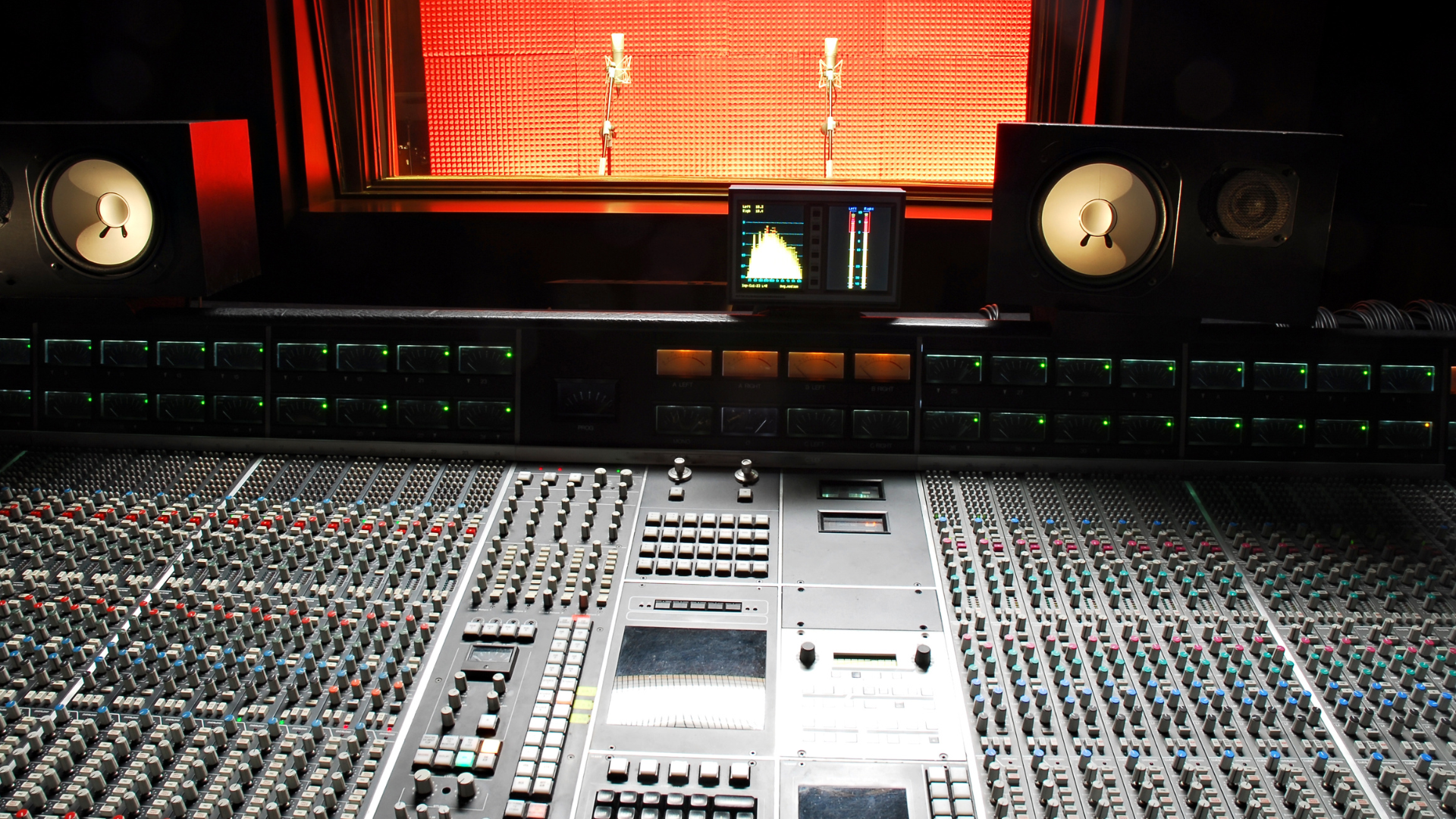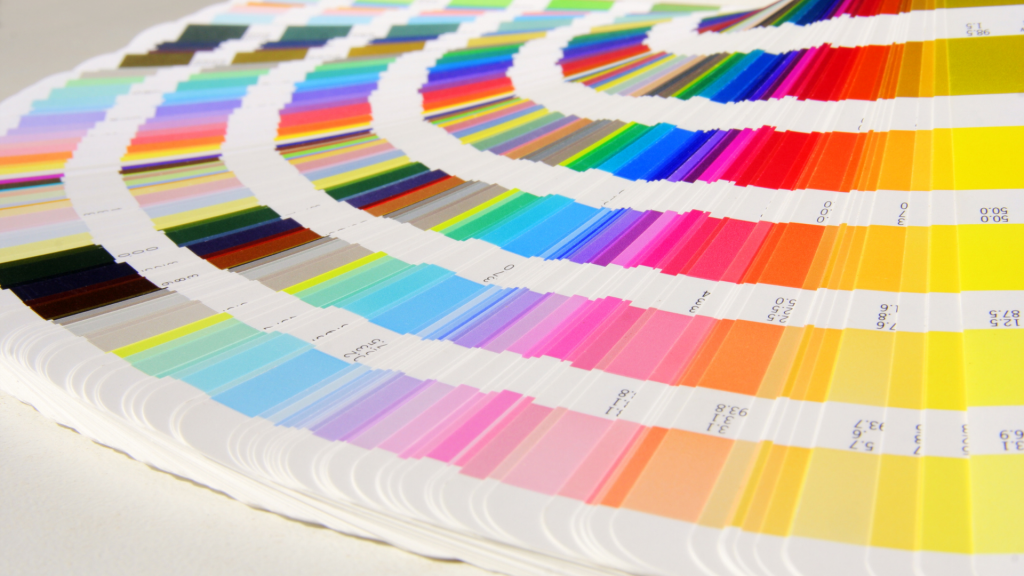Music distribution is the process of getting music to the ears of listeners. It is a time-consuming task in the digital age, but it can be done. Such a process is becoming more popular and is worth looking into, depending on your music career goals. It is the use of technology to broadcast music on the Internet or in digital media. Music distribution is a category within the field of digital rights management and is usually focused on how to distribute music on the Internet. It refers to the process of organizing and executing the delivery of content to digital distribution platforms.
Many musicians are looking for ways to distribute their music for free, but which music distribution service is right for them? Free music distribution services offer music fans the opportunity to find and listen to new music online. These services make it easier for listeners all over the world to discover your work. Besides distribution of music, these agencies can also provide services such as release management, licensing and copyright of your work, and royalty reporting. Therefore, you can stay focused on producing music without worrying about compensation and admin issues.
Despite the fact that music distribution is a pretty straightforward concept, it can still be complex to understand. In a nutshell, it is how you use a platform to distribute and market your music. This could mean using a music distribution company, or if you’ve got music that’s already been distributed elsewhere, you may be able to distribute it on your own. “Distributing” music means having your music get into the hands of people who need to hear it. Companies that distribute music use various methods to accomplish this, from print to online to physical media.
Imagine you’re a record label, and you decide to release a new album. You have two options: you can own the rights to the album and distribute it on your own in physical form. You can do this by printing CDs and selling them at gigs or to fans, manufacturing vinyl records, and selling them online. The second option lets you bypass distribution, letting record labels handle the manufacturing, printing, and shipping.
Music distribution is a method for distributing your music to online music distribution channels. Because there are so many different types of devices on today’s market. There are many options for music distribution, such as Google Play, Microsoft Store, Amazon Music, Apple iTunes Store, and Pandora.
Which Are the Most Popular Among the Multiple Digital Music Distribution Services?
There are multiple digital music distribution services, but Google Play and the iTunes Music Store remain the two most popular. Each service, though, has unique perks. For example, Google Play Music lets you stream music for free, but it also offers music subscriptions that start at $9.99 a month. On the other hand, iTunes is more geared toward those who want to purchase music. But both stores offer music streaming, and both provide apps that let you access your music on the go.
The Essence of Music Distribution
In music production, distribution is infinitely important. No matter what you’re producing, whether it’s for film, TV, or radio, you need to market it and push it to the right people. That’s where the concept of music distribution comes in. Music distribution is the process of finding and securing a place for your music to be heard. That’s also where the basics end. While the basics-such as finding an outlet to get your music in front of the right people-are important, so is explaining the intricacies of music distribution to composers and producers.
Apple, Amazon, Spotify, and many others have made it easier and easier than ever to find music online, but there are still barriers to getting your music heard. Music distribution, also known as music promotion, is the art and science of getting your music heard to as many ears as possible, including potential fans and listeners, labels, and radio stations. An excellent distribution company can help your music get heard online and can also make the process of getting signed to a record label easier.
Digital Audio Distribution (DSD) has been found to have many benefits for the music industry. DSD is a type of digital music distribution that enhances the sound quality of audio files by 10 or 20 times. The benefits of DSD are several, but the most important one is sound quality. As music listeners constantly turn to high-quality audio, DSD offers a way to listen to high-resolution audio files. DSD uses PCM, which is the highest resolution format, and it sounds like CD quality or better. Today, Soundcloud is the world’s leading DSD audio distribution platform.
Music is one of the most powerful components of the entertainment industry. Over the years, it has evolved into a global sensation that transcends languages and cultures. Music inspires, entertains, and evokes emotion. This power has given birth to the music industry. With so many new artists emerging, this industry seems to be busier than ever.




